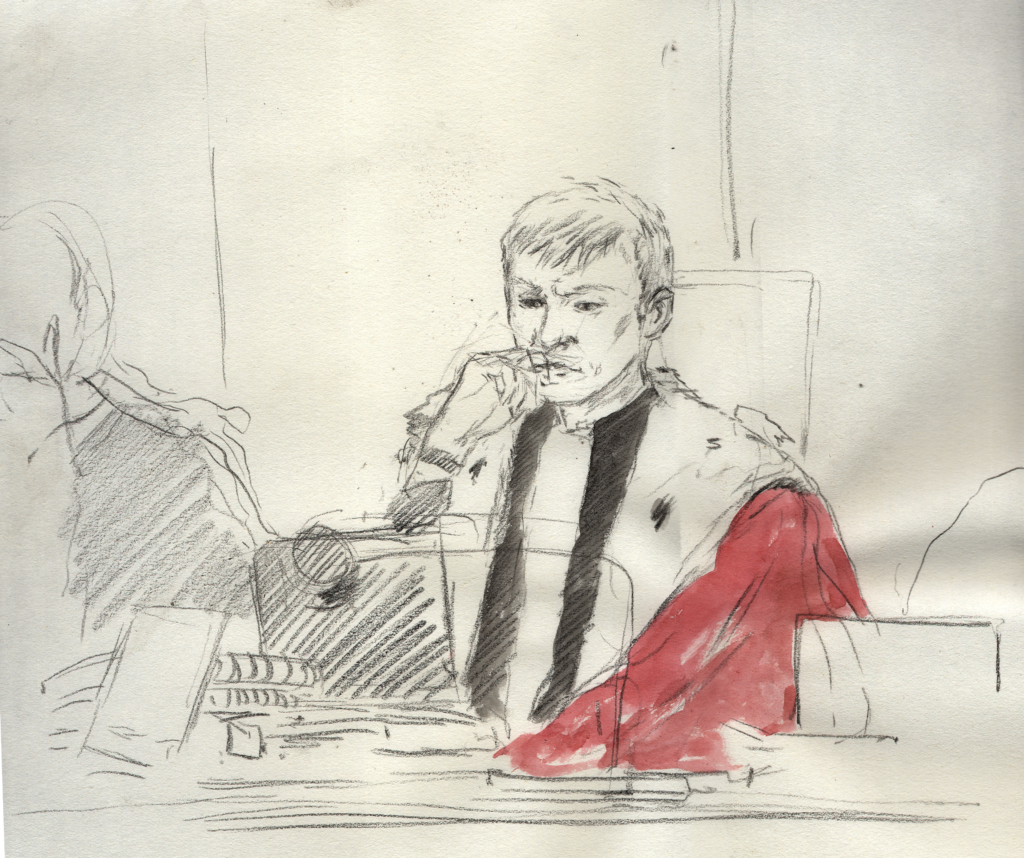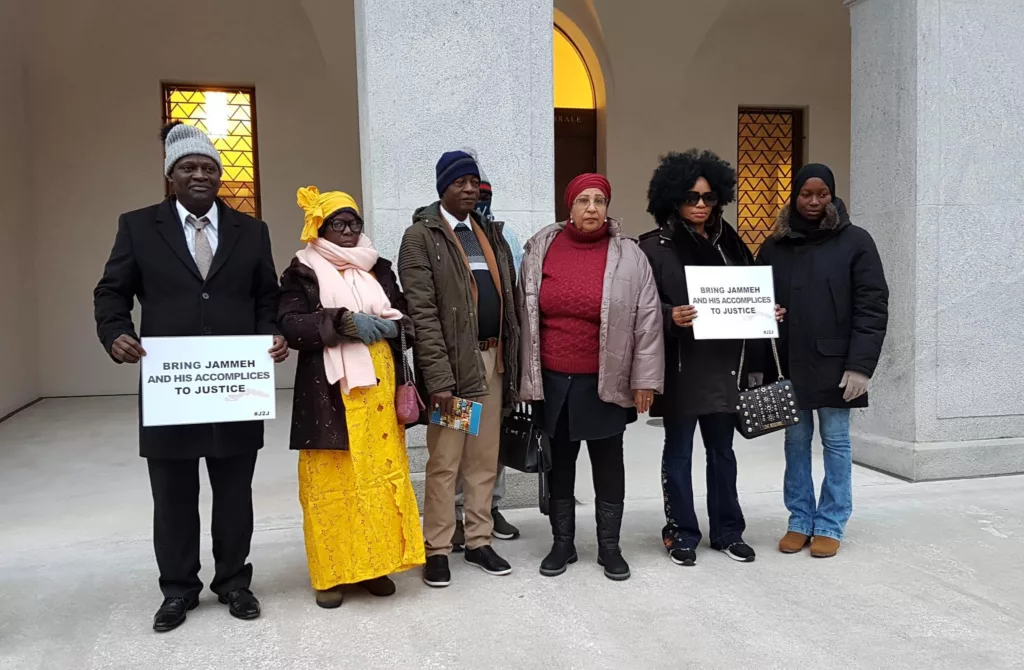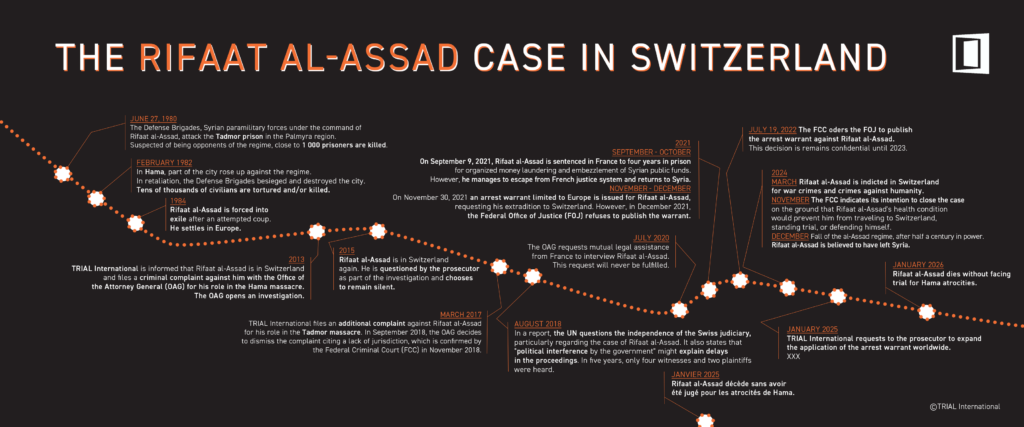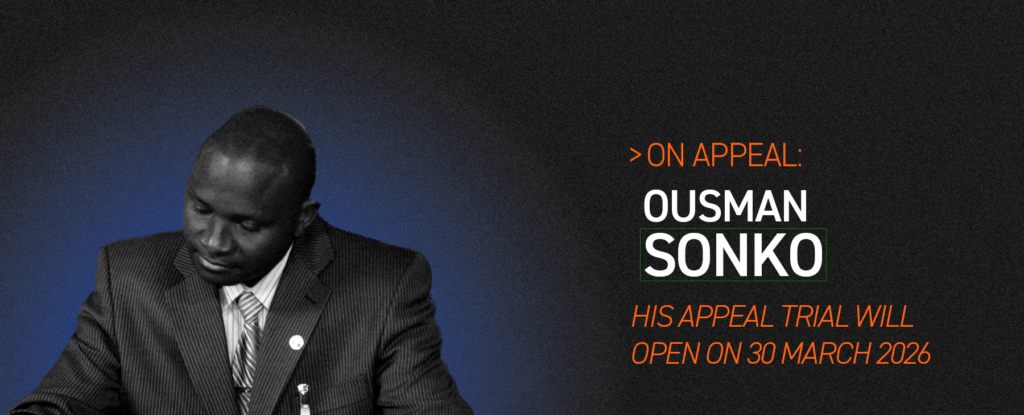«Please try to obtain justice elsewhere!», says ECHR to Torture Victims
Geneva, 21 June 2016 – In a judgment delivered today, the European Court of Human Rights narrowly ruled that Switzerland did not breach the European Convention on Human Rights by denying a Tunisian torture victim the right to seek reparations from his torturer. The victim, who was granted refugee status in Switzerland years ago in light of the torture he had endured, was not able to file a civil case in Tunisia. The European Court ruled that Switzerland could nonetheless bar him from obtaining justice.
Mr. Abdennacer Naït-Liman was arrested while living in Italy and handed over to the Tunisian authorities in April 1992. For 40 days he was arbitrarily detained and subjected to various acts of torture, notably sleep deprivation, beatings and suspension with iron bars. Mr. Naït-Liman endured such treatments in the very premises of the Ministry of Interior of the Republic of Tunisia. Three years later, unable to return home because of serious risks for his integrity, he was granted asylum in Switzerland, subsequently became a Swiss citizen and has continued since then to fight for justice.
Complaints against a former Tunisian Minister
In February 2001, Mr. Naït-Liman filed a criminal complaint in Geneva against Mr. Abdallah Kallel, former Minister of the Interior, who was in the city at the time. Mr. Naït-Liman accused him of having ordered the physical and psychological torture he suffered. However, the former minister managed to leave Switzerland just before Geneva authorities could follow up on the complaint.
In July 2004, Mr. Naït-Liman opened a new legal front in Geneva, with the support of TRIAL International. Mr. Naït-Liman was indeed unable to return home before the Tunisian Revolution of 2011 to litigate a case there, due to the risk to his personal integrity. The only place he could defend his rights was Geneva, where he had been residing for years. Defended by François Membrez, Mr. Naït-Liman hoped to obtain, through a civil suit, compensation from Mr. Kallel and the Tunisian state for the damage he suffered as a consequence of torture. The Geneva courts and the Federal Court in May 2007 refused to consider his claim, arguing that without a sufficient link to Switzerland such proceedings could not be heard by Swiss courts.
The European Court of Human Rights agrees with Switzerland
In a judgment delivered today, the European Court of Human Rights upheld Switzerland’s position. The Court, by 4 votes to 3, considered that the right of access to a court, guaranteed by Article 6 of the European Convention on Human Rights, can sometimes be restricted. Even if the victim could not obtain justice in Tunisia, the Swiss Federal Court was entitled to consider that the link with Switzerland was not sufficient to justify the proceedings to go ahead. Three of the seven judges, however, stated that an 11-year residence in Switzerland, the granting of refugee status, the Swiss citizenship acquired in 2007 and the presence on Swiss territory of the alleged torturer were more than enough to establish a sufficient link. They added: “The delivery of the present ruling will take place a few days before the International Day in Support of Victims of Torture (June 26). We can note with a sad irony that this judgment will surely not be hailed on the day of this commemoration. ”
For François Membrez, “the judgment does not say to which country the victim should have turned to assert his fundamental right to obtain redress for the torture he suffered. Having to wait 9 years for such a response is very disappointing.”
Philip Grant, director of TRIAL International, the NGO which supported Mr. Naït-Liman throughout the proceedings, affirmed that “the European Court has missed the opportunity to render an important ruling for victims of torture, by opening up the possibility to bring civil proceedings against their torturer in cases where it is not possible for them to access the courts of the responsible countries. In doing so, the Court sends a wrong signal: having not only already suffered as a result of such practices, victims of torture will additionally be unable to obtain justice, unless of a regime change in their countries. This is not the way to overcome impunity.”




